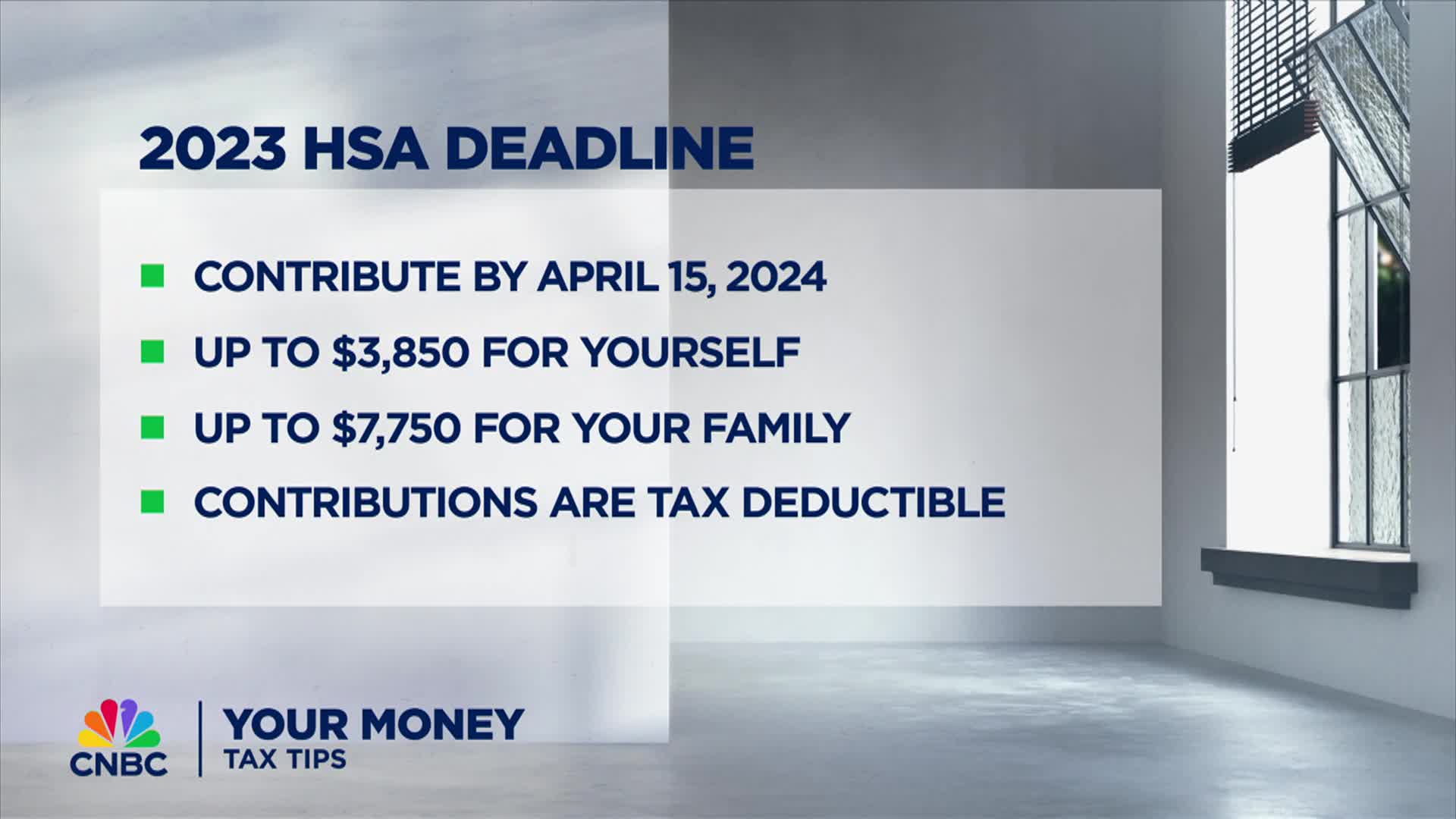Urbazon | E+ | Getty Images
Why many taxpayers wait to file
Typically, taxpayers file sooner when they’re expecting a refund, said Mark Baran, managing director at financial firm CBIZ Marks Paneth.
Indeed, knowing “they won’t get a refund” is one of the top five reasons Americans procrastinate on taxes, according to a January survey from IPX1031, an investment property exchange service.
Plus, many taxpayers file for an extension, which bumps the federal filing deadline by six months, to Oct. 15 this year. This provides more time to file, but federal taxes owed are typically still due on April 15. Some taxpayers have an automatic federal extension due to natural disasters.
“A lot of high-net-worth clients will file extensions” because they’re still waiting for tax forms such as Schedule K-1 for so-called pass-through business income, Baran said.
“The [latest IRS] data doesn’t reflect the returns that are ultimately filed by October,” he added.
As of Dec. 23, the average refund for 2023 was $3,167, which was slightly lower than the $3,252 average in 2022, the IRS reported.
Why more taxpayers are relying on a refund
Some 40% of taxpayers are relying on a refund this season, up from 36% last year, according to a LendingTree survey published in March.
“The most simple explanation is inflation,” said Jacob Channel, LendingTree’s senior economist.
While inflation is down significantly from its 9.1% peak in 2022, it remains above the Federal Reserve’s 2% target, he said.
The consumer price index, which tracks the cost of consumer goods and services over time, rose 3.2% in February compared with one year ago, the Bureau of Labor Statistics reported in March.



